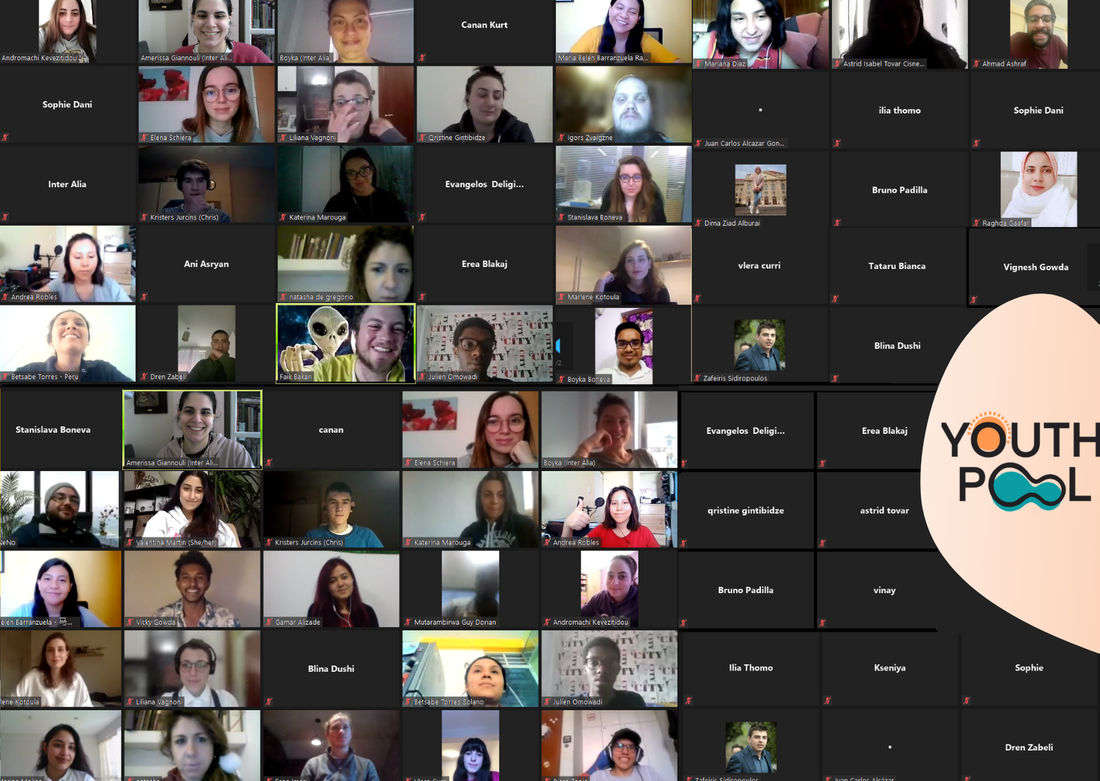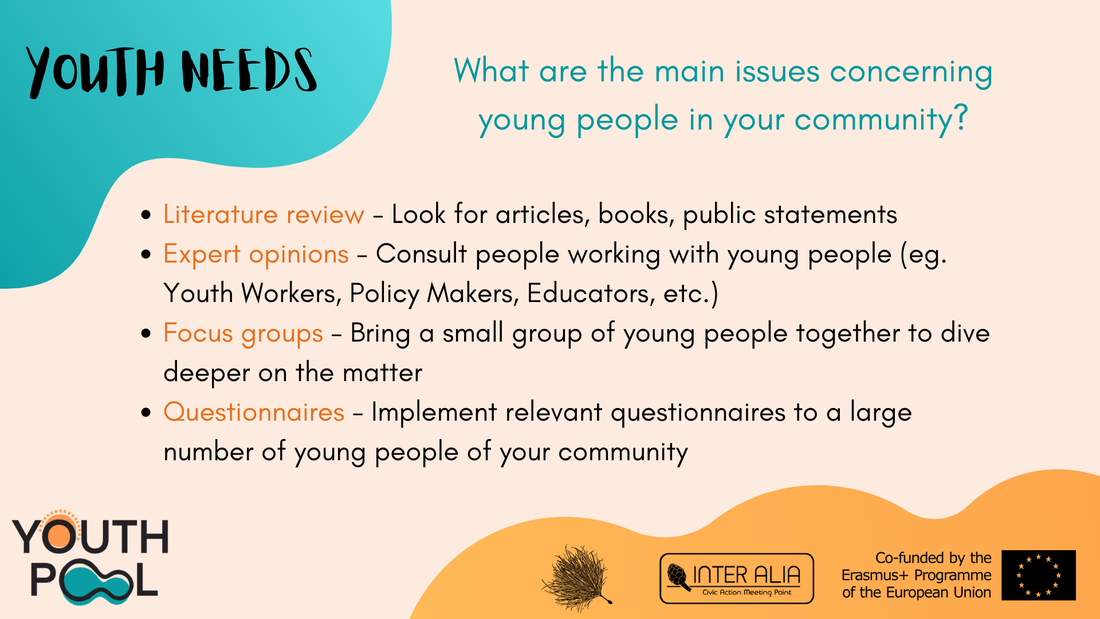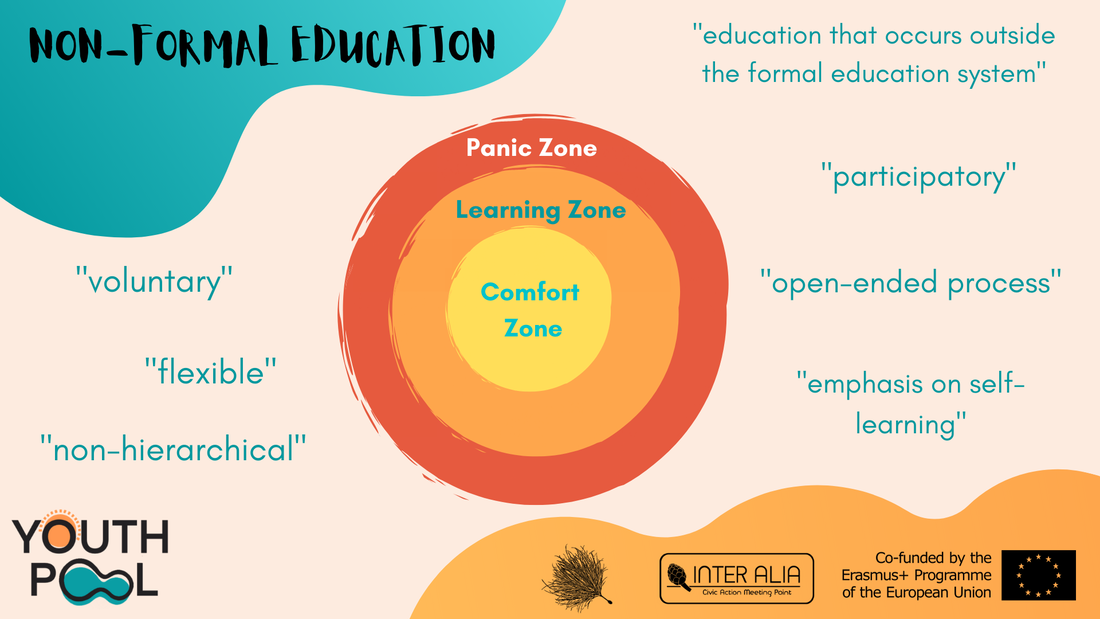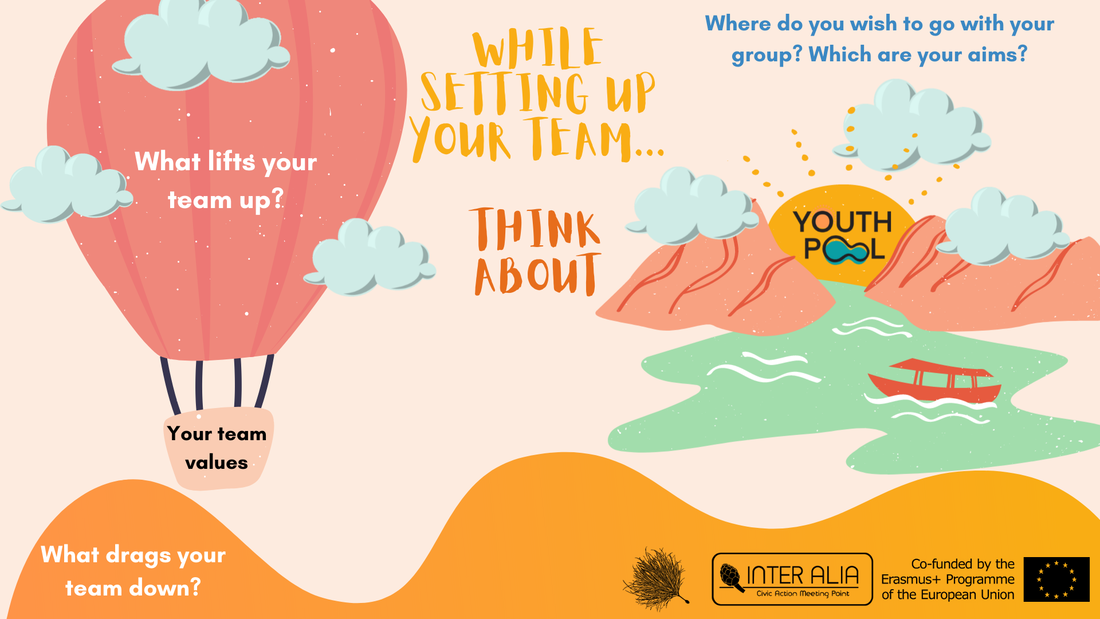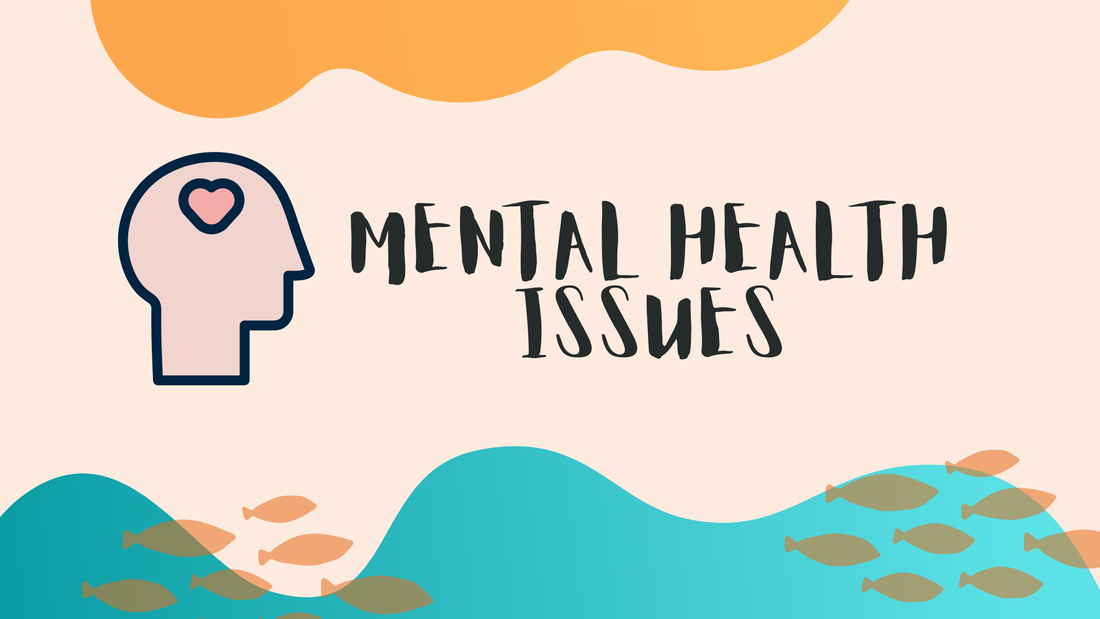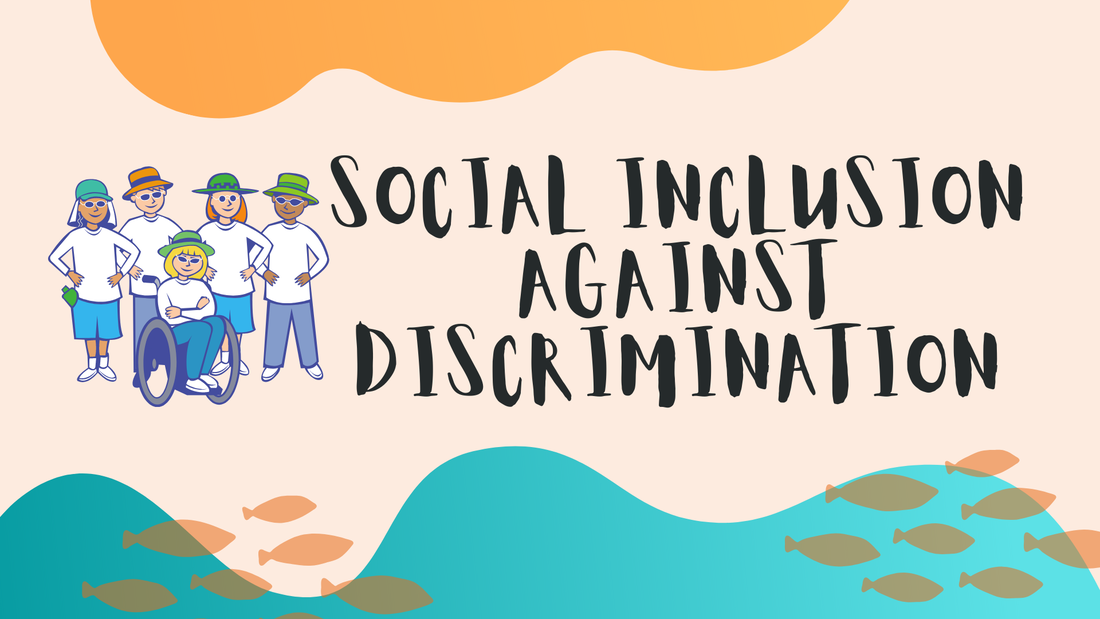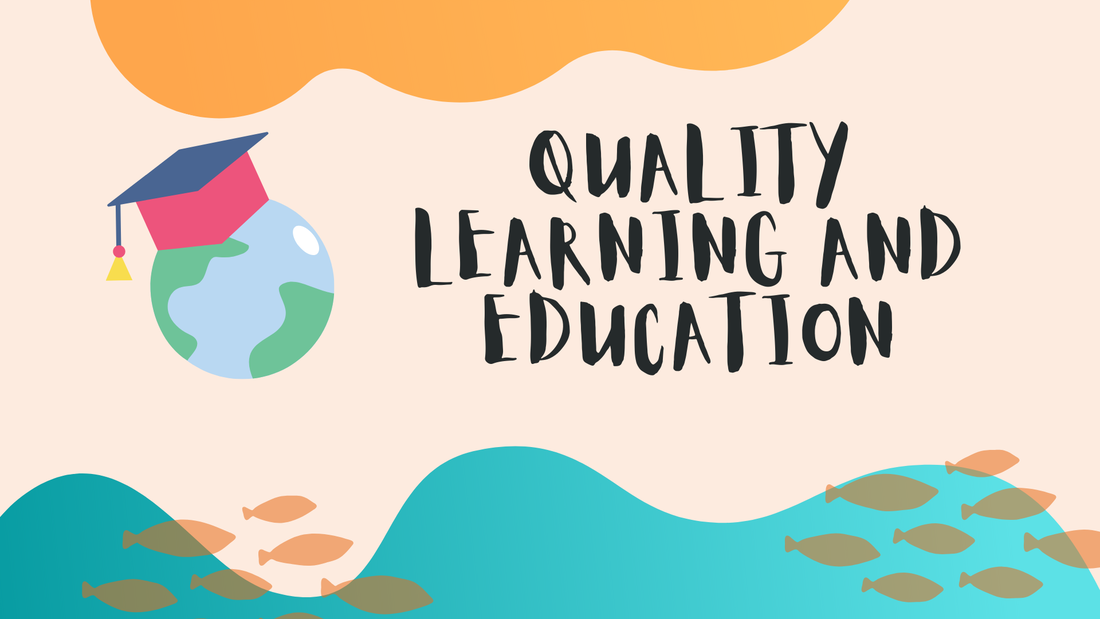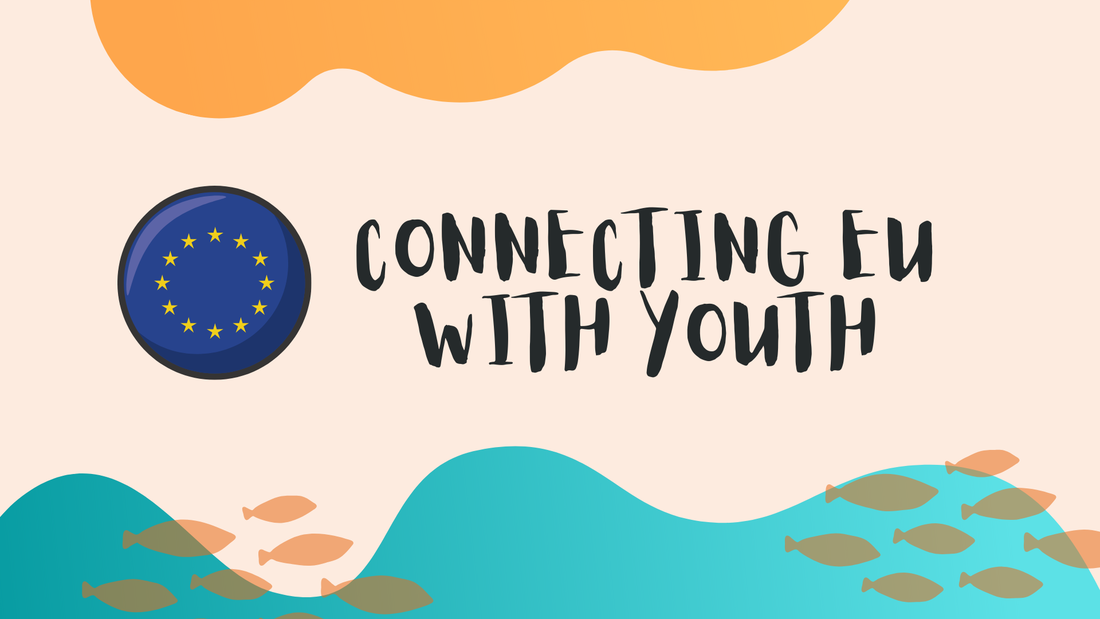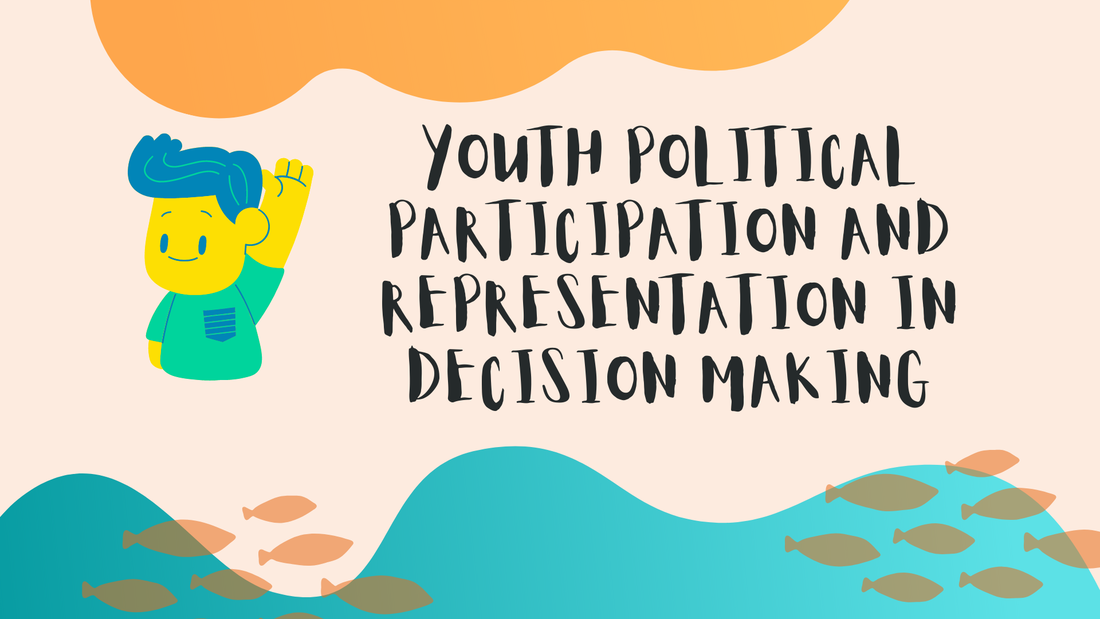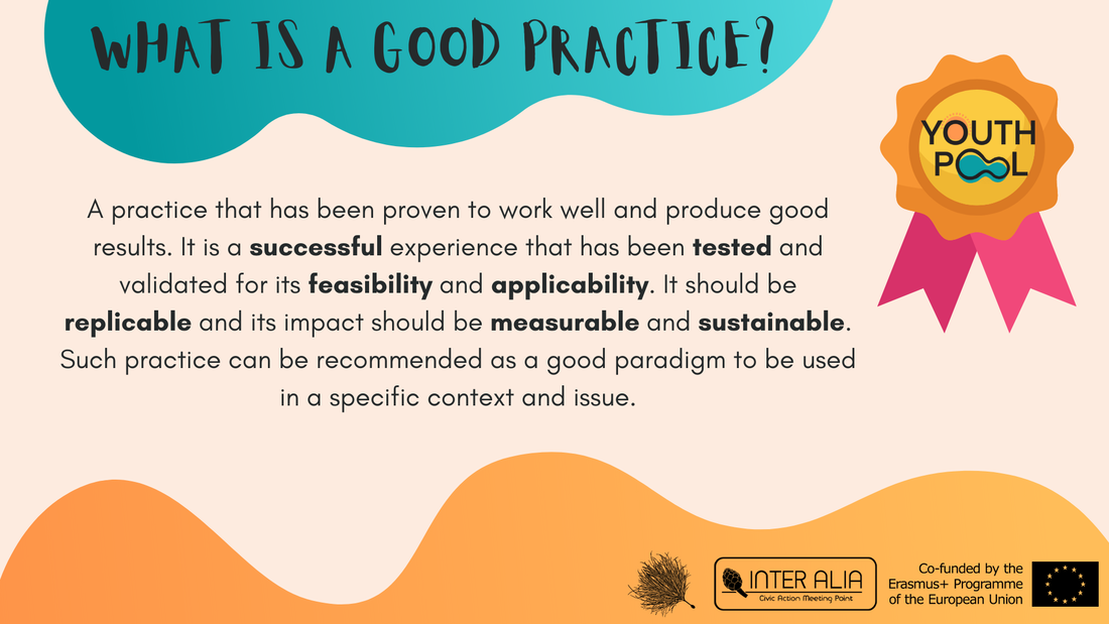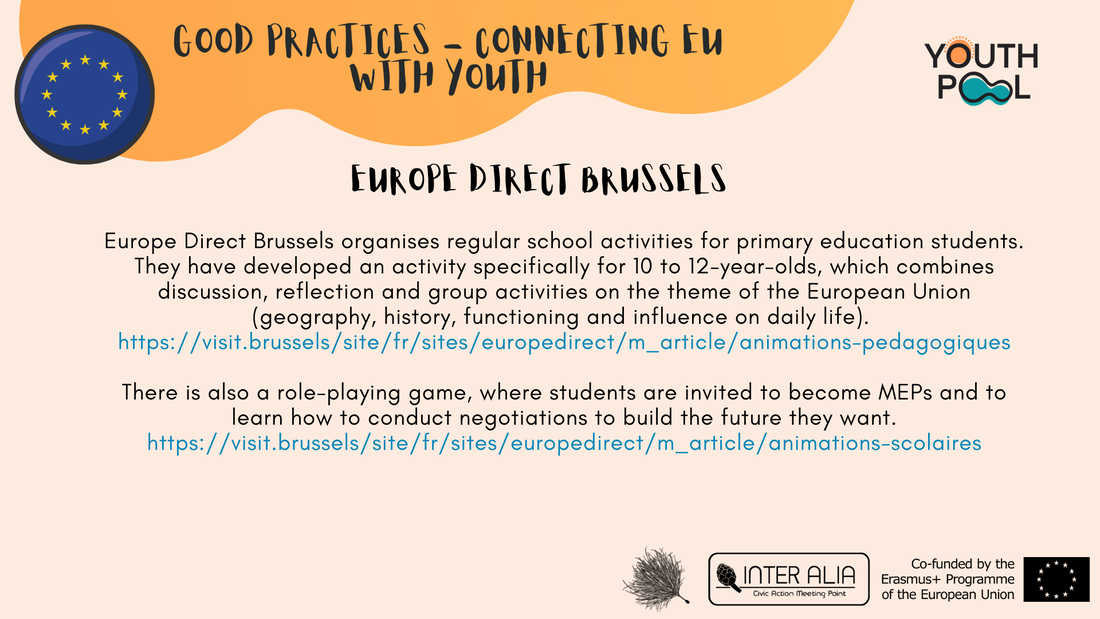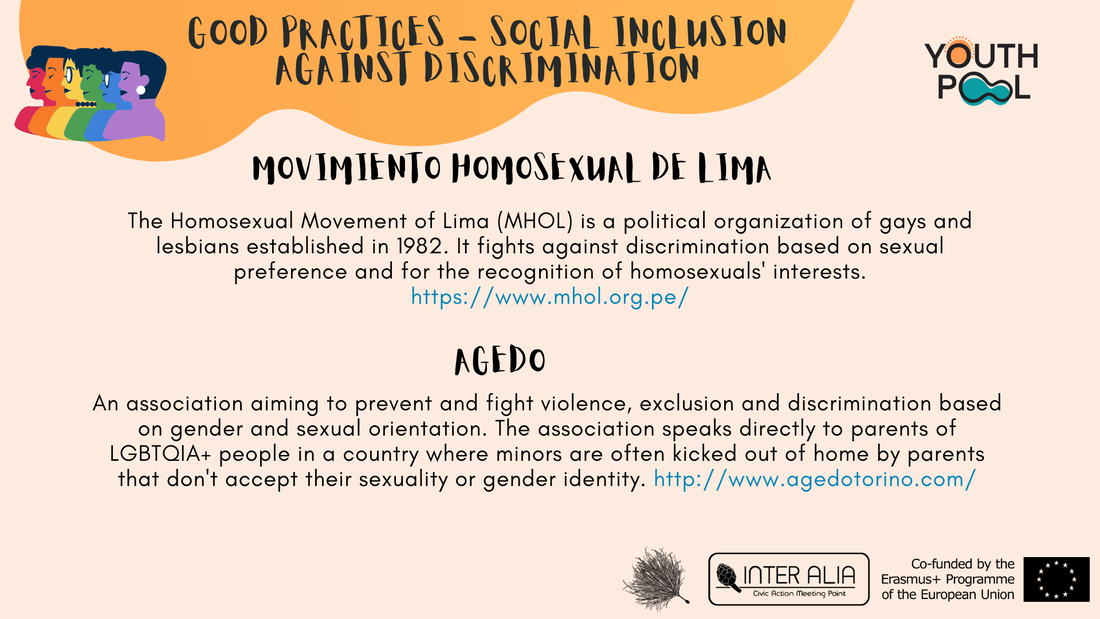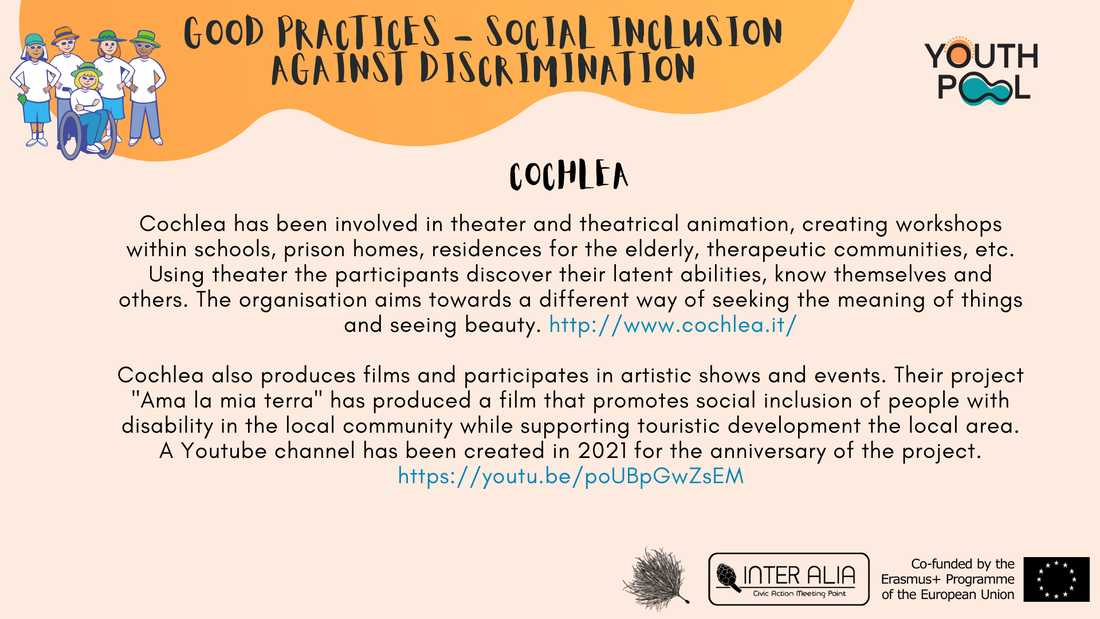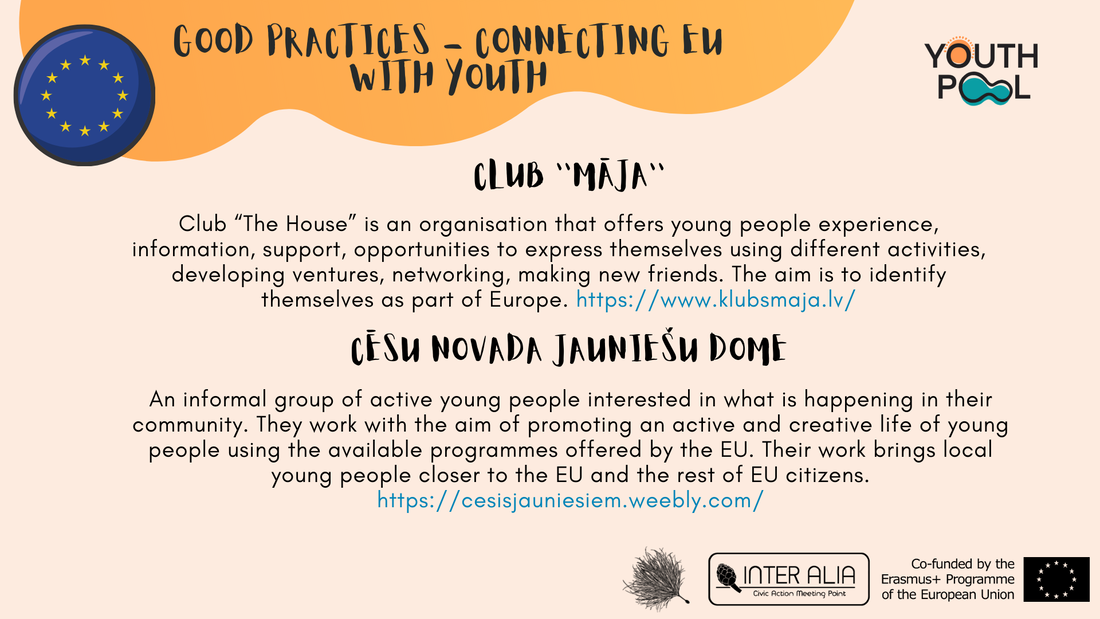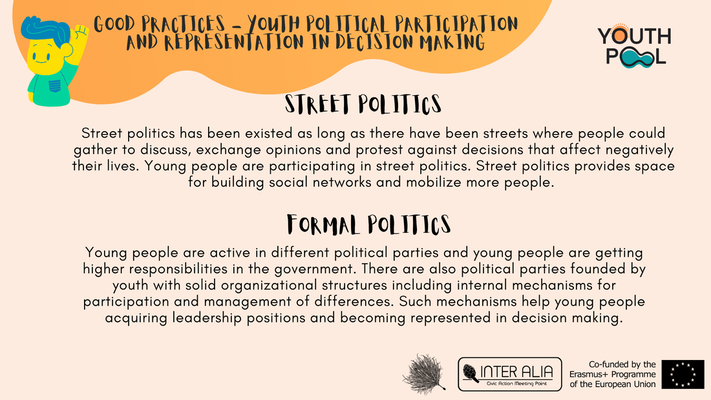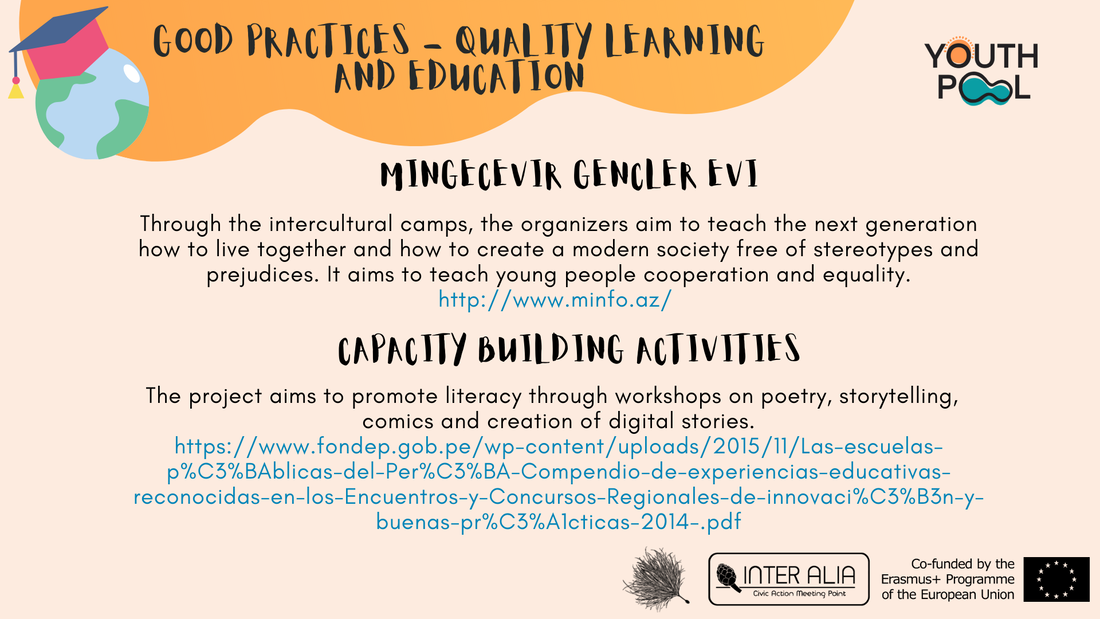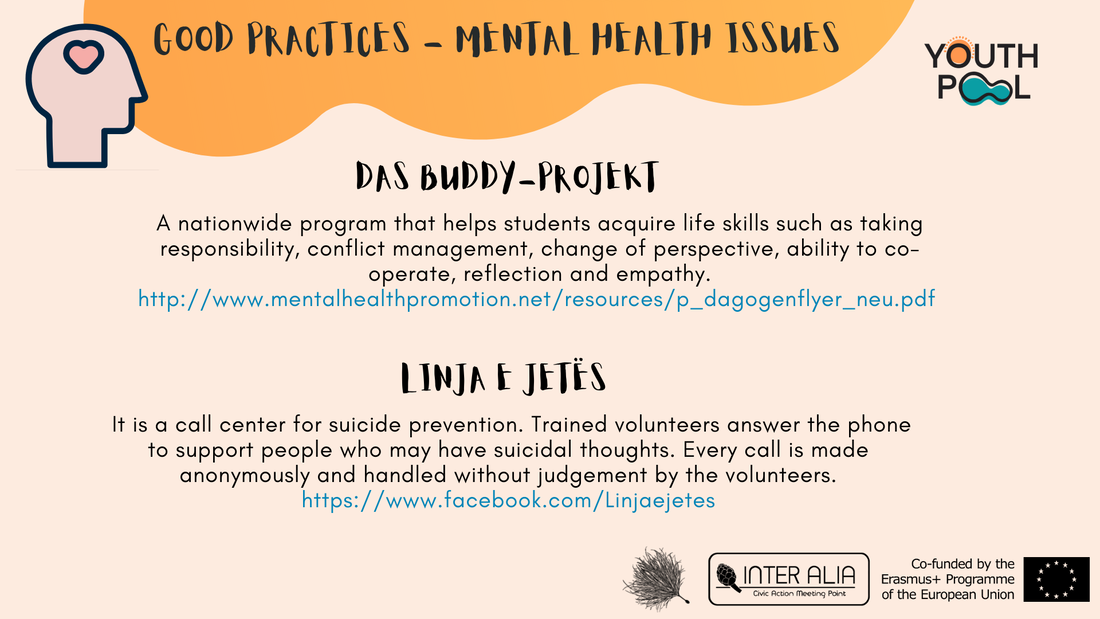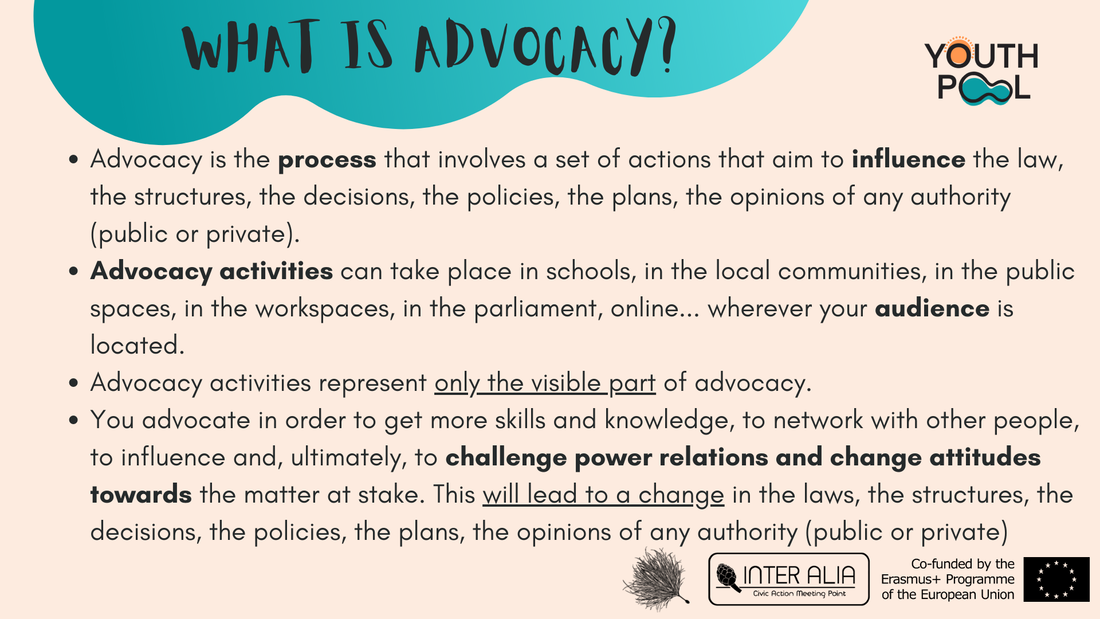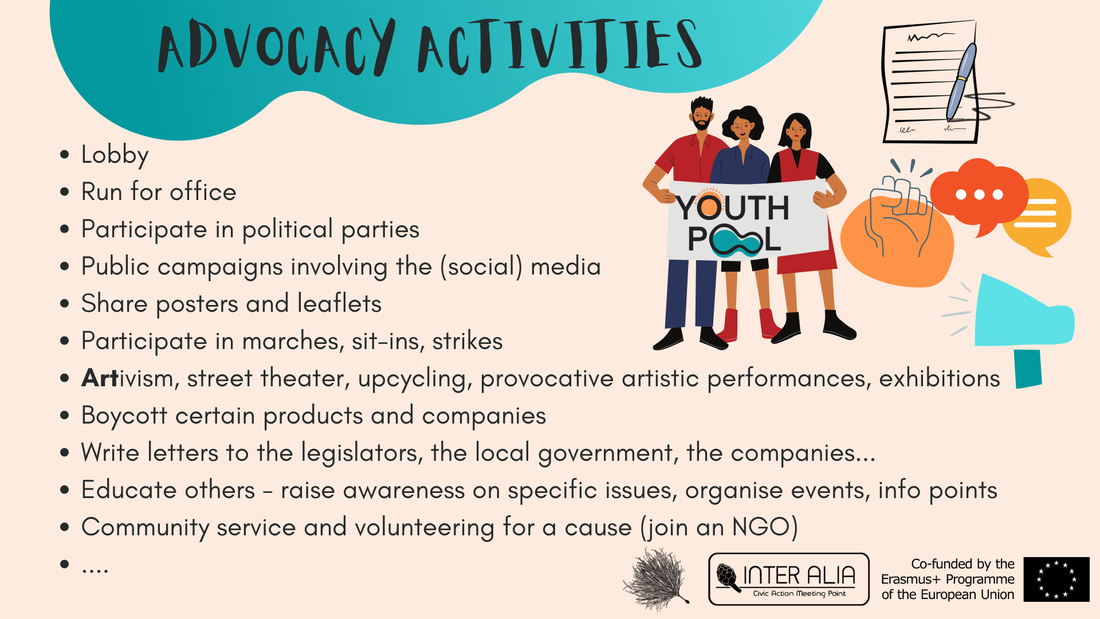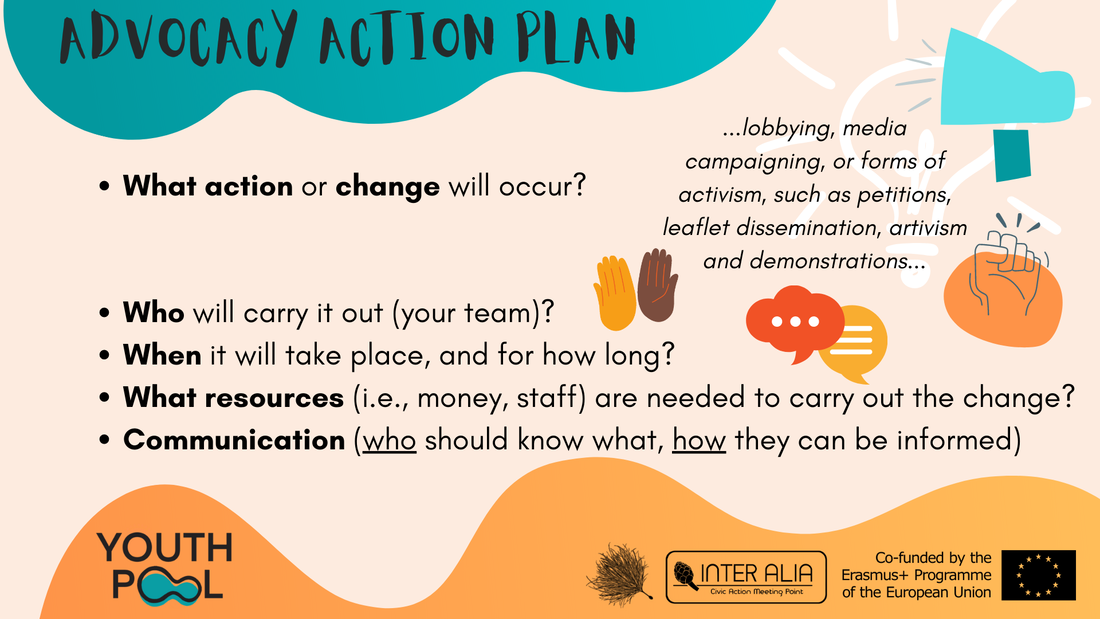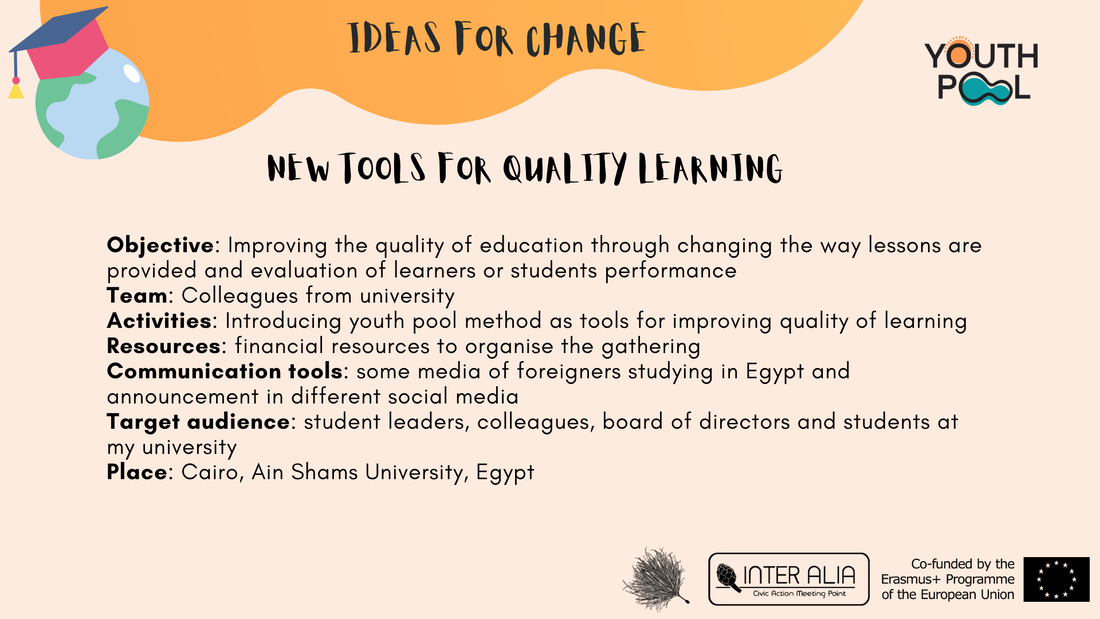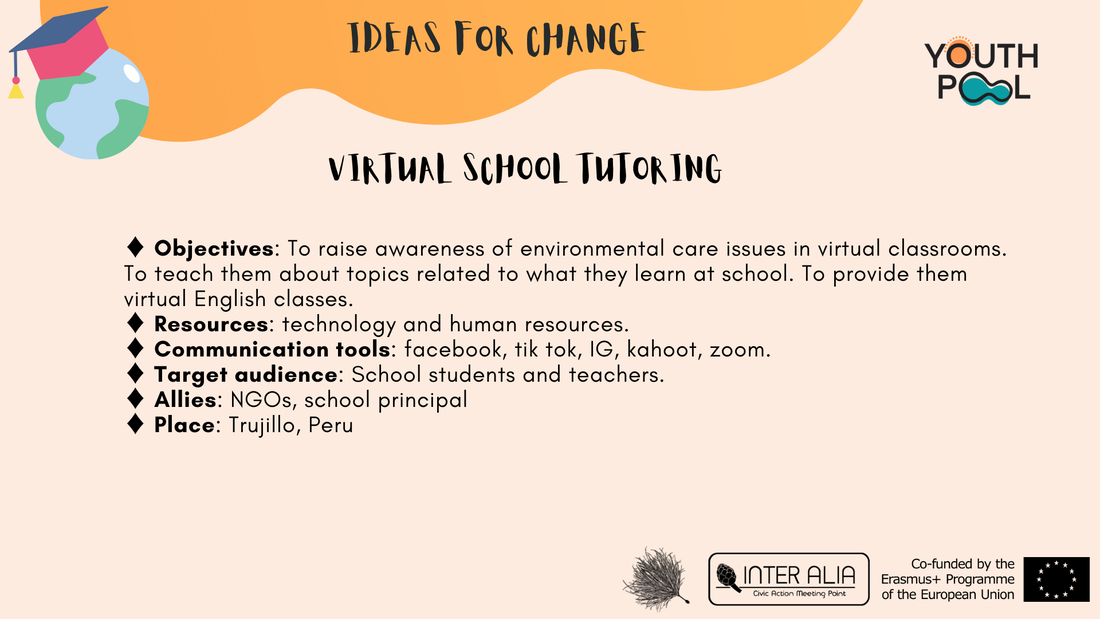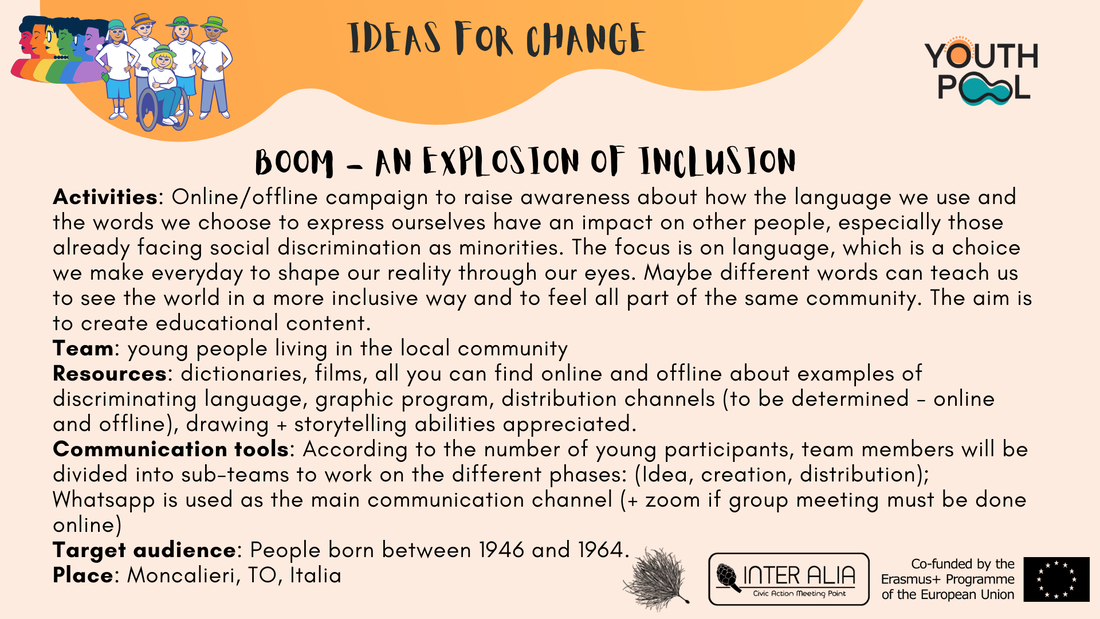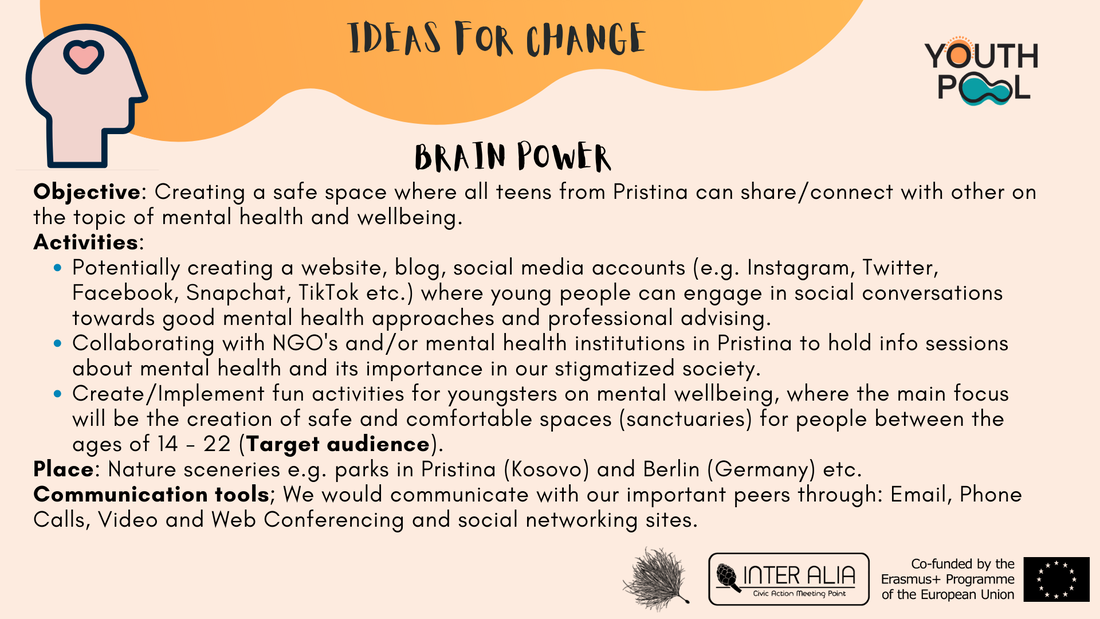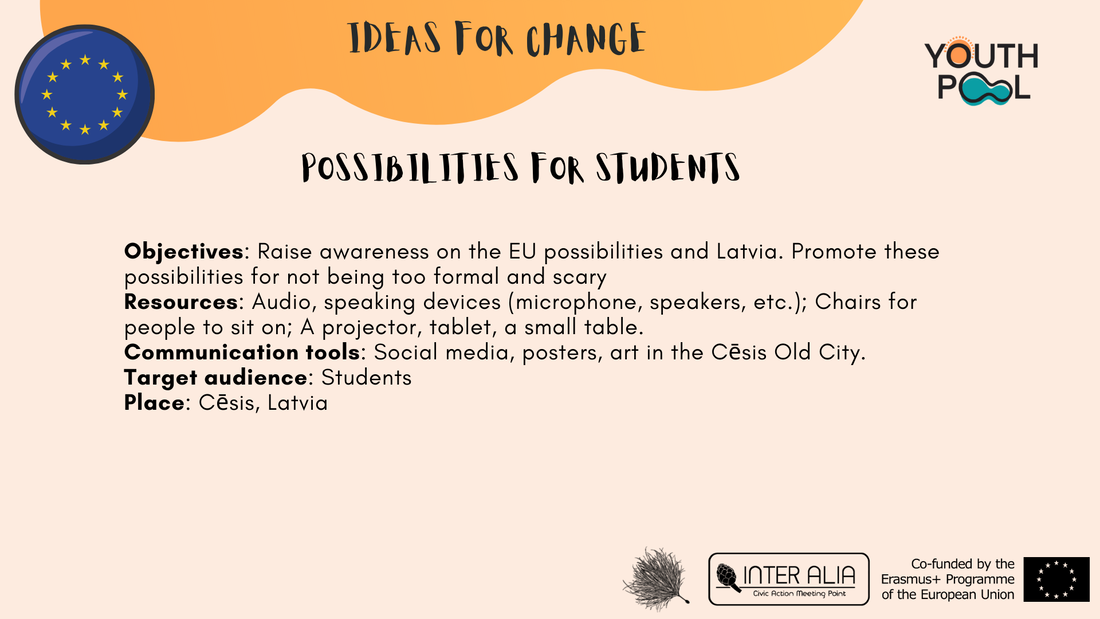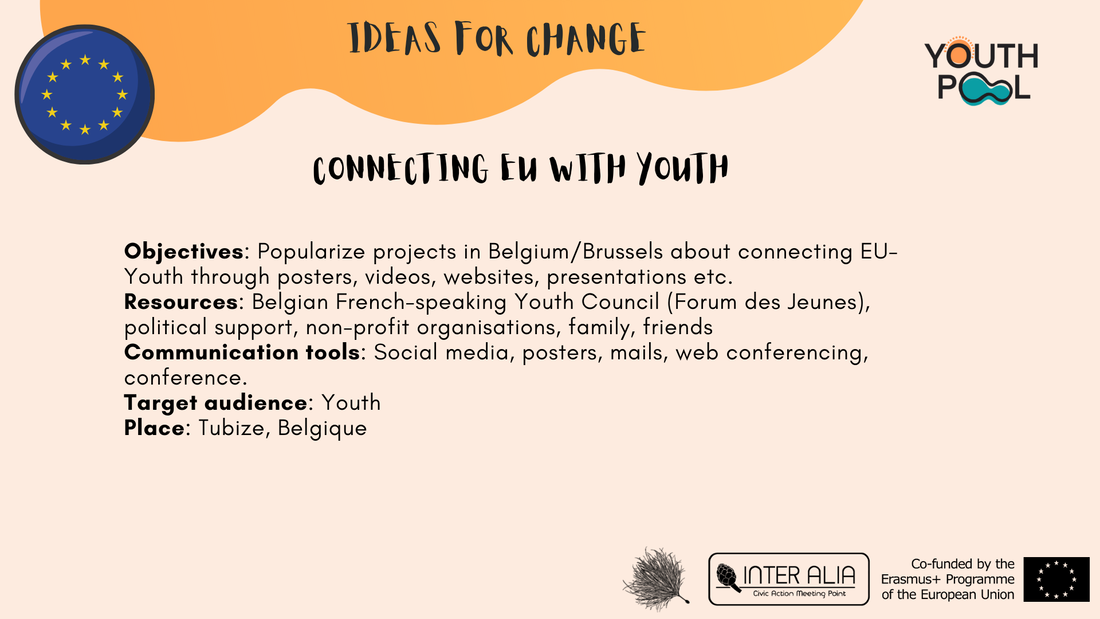Meeting No. 1 (8 & 10 March 2021): Team building and aims: Participants meet for the first time and get to know each other. They learn how to do research for local youth and need analysis.
Meet the Participants
Need Analysis Task
Results of the Need Analysis
Meeting No. 2 (12 April 2021) - Needs: Participants present the outcomes of their research in the form of a need analysis. An interest mapping takes place and the whole Youth Pool is split into working groups based on their interests. Participants will also learn how to search for best practices and solutions to the identified challenges.
What is non-formal education and why we care about this on Youth Pool.
Team Building
The Teams
Identification of Good Practices Task
Meeting No. 3 (10 & 17 May 2021) - Solutions: Participants acquire advocacy skills and learn to draft proposals for local interventions.
Meeting No. 4 (4 October 2021) – Evaluation: Participants present the interventions implemented and evaluate the process of team work and the outcomes of the interventions. Below, their interventions are being briefly introduced.
Activities for promoting mental health among young people - Germany & Kosovo
Mental health problems among young people seem not to be taken seriously. Young people around the world struggle with mental issues, trying to cope with anxiety and depression. This particular intervention aimed to create a safe space where teens will be able to share/connect with others on the topic of mental health and wellbeing. To achieve this, Youth Pool participants organised a multilevel series of activities that involved the development of a blog, social media accounts, online info sessions and interactive meetings in natural places with local youths. Check the presentations of participants from Kosovo and Germany.
Social inclusion against discrimination - Peru
We, as humans, carry multiple identities that make our individual experience of privilege and oppression unique. Discrimination due to gender, sexuality, race, culture, physical ability, ethnicity and nationality can take different forms and affect each person differently. Understanding the structures and systems that reinforce discrimination, require the implementation of holistic approaches and practices. This particular intervention involved a series of in person discussions with people that have faced different types of discrimination, trying to identify connections and raise awareness on the importance of social inclusion. Check the presentation here.
Community participation and interactive education - Peru
Interactive and participatory education has been proven to benefit the learners and the community. This project included education practices that involved participants in the process of learning and promoted sustainability. Activities such as urban gardening, beach clean-ups, second hand markets and children environmental activities were organised in this project. Furthermore, the covid-19 forced civil society to explore digital paths to address community challenges. In these series of activities, online workshops and seminars were also organised to promote quality education and help participants learn English in a playful and interactive manner. This project advocated for the importance and effectiveness of non-formal education to improve learning and community engagement. Check the presentation here.
Promoting EU possibilities for young people - Latvia
Despite the effort from the youth organisations and the EU institutions, not many young people know about the available educational opportunities the EU is offering. This is a clutial issue when it comes to inclusivity for young people that do not have access to such information. This action involved a series of presentations to schools and communication with local young people to raise awareness on the available training and other opportunities for young people. The action includes a series of campaigns with testimonies on the benefits of participation to projects such as Erasmus+. Additionally, Youth Pool is being showcased as an example and good practice for youth participation. Check the presentation here.
Youth participation in the EU - Brussels
Beyond access to information about educational opportunities for young people, another gap that is evident is the lack of awareness on ways young people can participate in the decision making in the EU. This project involved a series of games, discussions with decision makers and presentations that aimed at the production of ideas and proposals from the young participants that could be directed to the EU institutions through the Conference on the Future of Europe platform. Check the presentation here.
Mental health problems among young people seem not to be taken seriously. Young people around the world struggle with mental issues, trying to cope with anxiety and depression. This particular intervention aimed to create a safe space where teens will be able to share/connect with others on the topic of mental health and wellbeing. To achieve this, Youth Pool participants organised a multilevel series of activities that involved the development of a blog, social media accounts, online info sessions and interactive meetings in natural places with local youths. Check the presentations of participants from Kosovo and Germany.
Social inclusion against discrimination - Peru
We, as humans, carry multiple identities that make our individual experience of privilege and oppression unique. Discrimination due to gender, sexuality, race, culture, physical ability, ethnicity and nationality can take different forms and affect each person differently. Understanding the structures and systems that reinforce discrimination, require the implementation of holistic approaches and practices. This particular intervention involved a series of in person discussions with people that have faced different types of discrimination, trying to identify connections and raise awareness on the importance of social inclusion. Check the presentation here.
Community participation and interactive education - Peru
Interactive and participatory education has been proven to benefit the learners and the community. This project included education practices that involved participants in the process of learning and promoted sustainability. Activities such as urban gardening, beach clean-ups, second hand markets and children environmental activities were organised in this project. Furthermore, the covid-19 forced civil society to explore digital paths to address community challenges. In these series of activities, online workshops and seminars were also organised to promote quality education and help participants learn English in a playful and interactive manner. This project advocated for the importance and effectiveness of non-formal education to improve learning and community engagement. Check the presentation here.
Promoting EU possibilities for young people - Latvia
Despite the effort from the youth organisations and the EU institutions, not many young people know about the available educational opportunities the EU is offering. This is a clutial issue when it comes to inclusivity for young people that do not have access to such information. This action involved a series of presentations to schools and communication with local young people to raise awareness on the available training and other opportunities for young people. The action includes a series of campaigns with testimonies on the benefits of participation to projects such as Erasmus+. Additionally, Youth Pool is being showcased as an example and good practice for youth participation. Check the presentation here.
Youth participation in the EU - Brussels
Beyond access to information about educational opportunities for young people, another gap that is evident is the lack of awareness on ways young people can participate in the decision making in the EU. This project involved a series of games, discussions with decision makers and presentations that aimed at the production of ideas and proposals from the young participants that could be directed to the EU institutions through the Conference on the Future of Europe platform. Check the presentation here.
The Youth Pool toolkit 2021 is now available here. It includes the Youth Pool methodology, guidelines and tools for young people interested to advocate and make a change in their community. The toolkit is also available in Greek.
For more information, contact Amerissa Giannouli at [email protected] .

